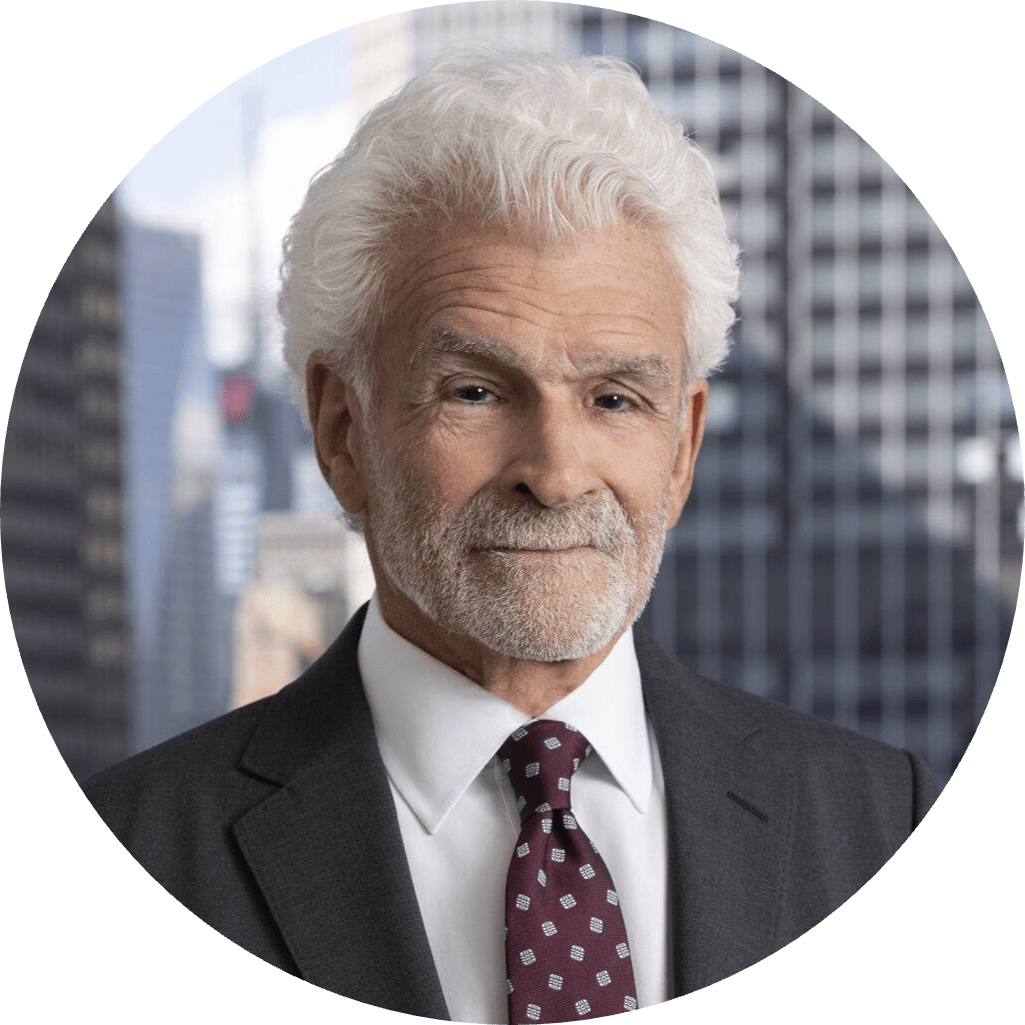Labor Day weekend saw more than 100 celebrities become victims of what is being widely referred to as the most extensive celebrity hack in history. Hundreds of private photos, allegedly stolen primarily from iCloud accounts, were leaked, originating from the online forum 4chan and spreading like cyber wildfire. The images were stolen almost exclusively from female celebrities, the exception being Dave Franco, who reportedly appears in at least one leaked image of his girlfriend, Alison Brie.
Commenters shrewdly pointed out that had these women had never taken a single nude photograph of themselves, this all could have been avoided.
In an ordinary crime, one might (and one’s mother certainly would) assign partial blame to a person who carelessly left his wallet hanging out of his back pocket. Had Jennifer Lawrence been strolling about, millions of nude Polaroid selfies tumbling from her purse, we would be hard pressed to blame to those who viewed the photographs.
We all know someone, be it a trusting grandmother or a careless friend, who protects their online information with ‘1234,’ or the ultimate in irresponsible passwords, ‘password’. But when, as the alleged hacker has stated, accessing these files involved “several months of long and hard work,” it’s obvious that pure carelessness isn’t the root of the issue.
If a person went to great lengths to protect their home – never left doors or windows unlocked, installed motion sensors on the property, hired a guard to monitor the driveway – and a criminal still managed to break in, we wouldn’t then suggest that the homeowner hadn’t done enough. So why do so many onlookers feel that the appropriate reaction is to chastise these women for their lack of preparedness?
The other implied cause is the unreasonable sexuality displayed by the women in taking nude photographs of themselves. Why, commentator after commentator wondered, would anyone want to photograph themselves nude? Well– why do some people role play during sex? Why do some people do any of the things on this list? Maybe you get it; maybe you don’t, but the point is that private acts aren’t being offered up for non-participants’ seals of approval.
Have You Been Injured In An Accident? Contact Morelli Law
877-751-9800TMZ, the Star and other publications have made it a practical reality that celebrities have a lower expectation of privacy than the rest of us, particularly when it comes to their sex lives. But if hackers primarily target women (and eventually prevail since technology is imperfect) isn’t the impact that women must conduct their daily lives with a lower expectation of privacy than men? When was the last time an event of this magnitude was precipitated by the hacking of a male celebrity’s private images or information? Can any of us recall such an occurrence?
The excuse for constantly invading celebrities’ lives is that they make a living partially by being interesting and magnetic to so many people, and in a way the public asserts its buying power over them by expecting constant access to their lives, to photographs of their children, and so on. However, the press must toe the line between providing interesting and eye-catching celebrity stories and without making the reader feel like a voyeur. The result is that tabloids set their sights on a demographic the public feels comfortable exerting its buying power over:

We ought to place the burden and the blame where it belongs – squarely on the shoulders of those who worked tirelessly to access private information and deliver it to millions of people for whom it was not intended in order to embarrass, expose, harass and violate a group of successful women.
Unfortunately, the attitude of victim-blaming goes beyond the Joe Schmo commentator and can be seen in the mainstream news media as well, in which articles sport absurd headlines: “Hackers expose nude photos of celebrities, but who’s at fault?”
Contact our personal injury lawyers today
877-751-9800Another recent target of sexual harassment who happens to be a successful, powerful woman is Senator Gillibrand, whoreported that she had been sexually harassed in Congress at the hands of her fellow Members. The media response was alternately that she’d made it all up, or that she had a responsibility to ‘name and shame’ the harassers.
Sen. Gillibrand “has kicked up a fuss over sexual harassment—or perhaps sheer stupidity—by some of her male colleagues on the Hill,” reported Fox News’s Howard Kurtz. Which, he noted glibly, “will undoubtedly help her sell her new book.”
Leaving aside the fact that sexual harassment and sheer stupidity are not mutually exclusive, it is ludicrous to suggest that the Senator, or any target of sexual harassment, is automatically saddled with a dual responsibility; first not to make ‘a fuss,’ and second to ‘name and shame’. The reality is that retaliation, or fear of retaliation, is a very real and very common motivator for not ‘naming and shaming’ one’s harassers. The intensity of that fear is one of the reasons over 60% of harassment goes unreported.
In the Senator’s situation, as in many others, the perpetrators seemed totally unaware that their actions were a violation of her basic privacy. As a viewing public, we too may see nothing wrong with flipping through tabloids chock full of the intimate details of our favorite stars’ lives.
It takes an event like this photo leak to shake loose the assumptions we’ve gathered about what is and is not invasive, and to have a conversation about it. Let’s get beyond ‘shame on her.’ ■
Zoe Bartholomay and Katherine Buskariol are paralegals at Morelli Law Firm who contributed to this piece.
Call or text 877-751-9800 or complete a Free Case Evaluation form





